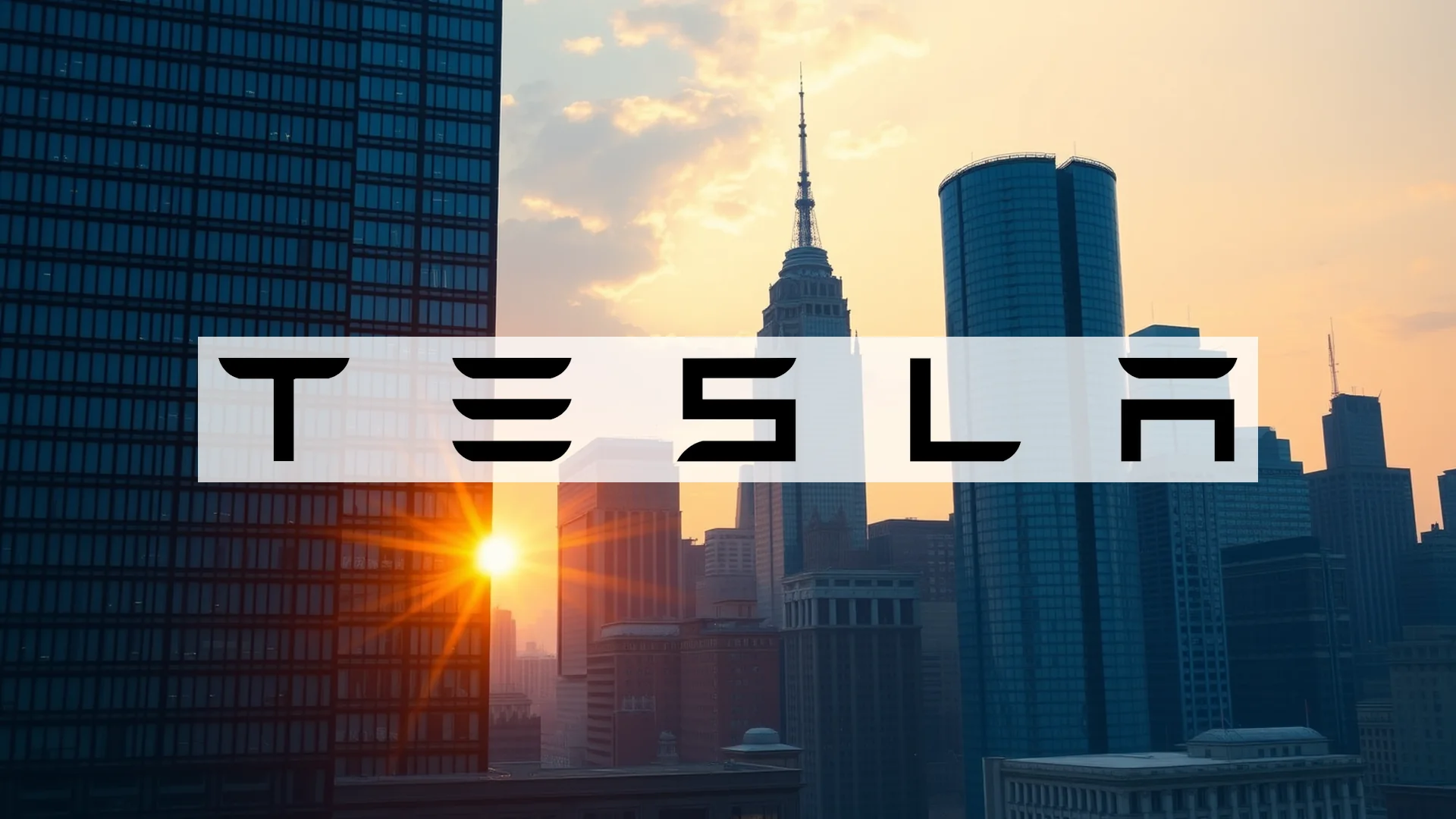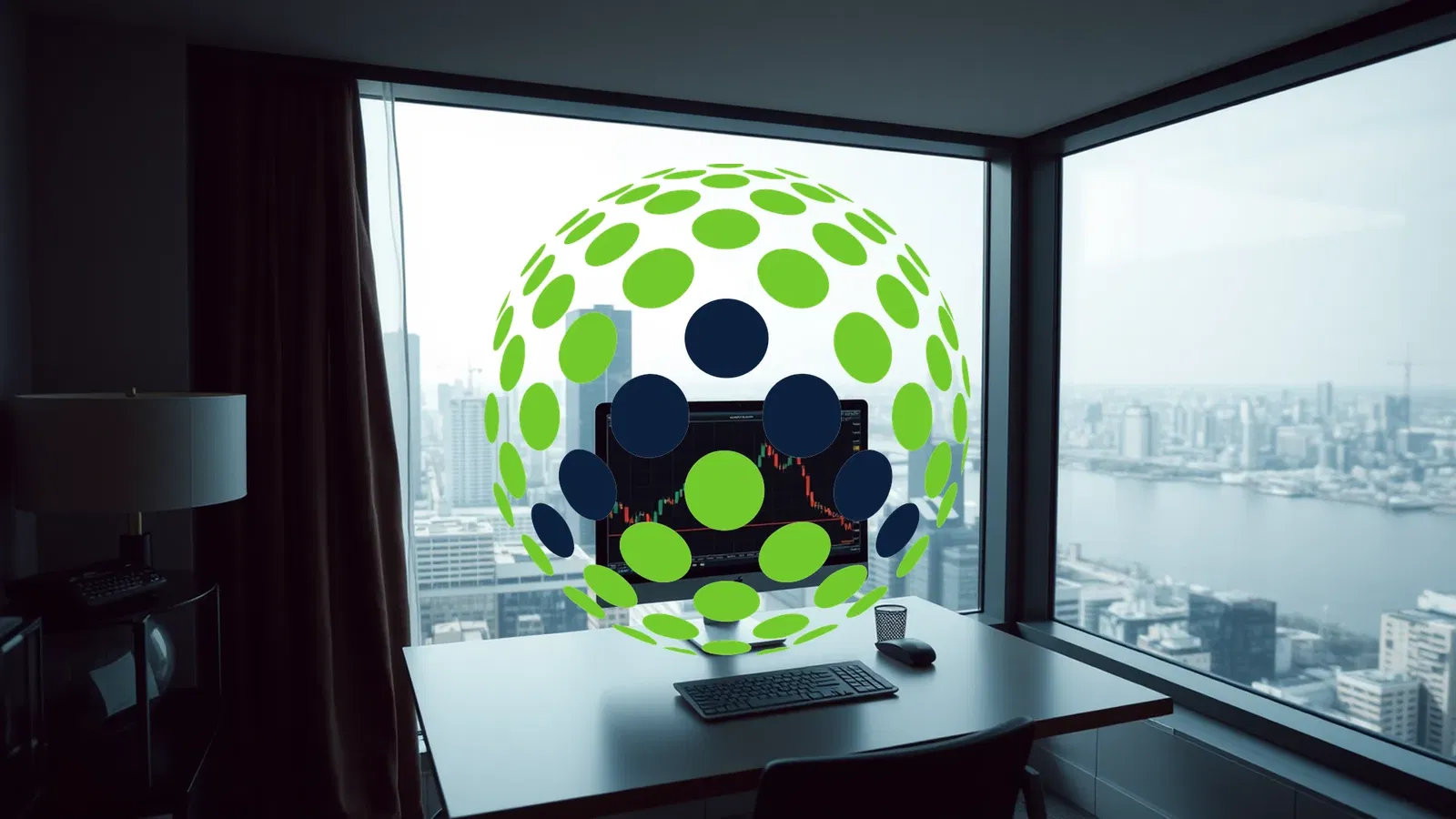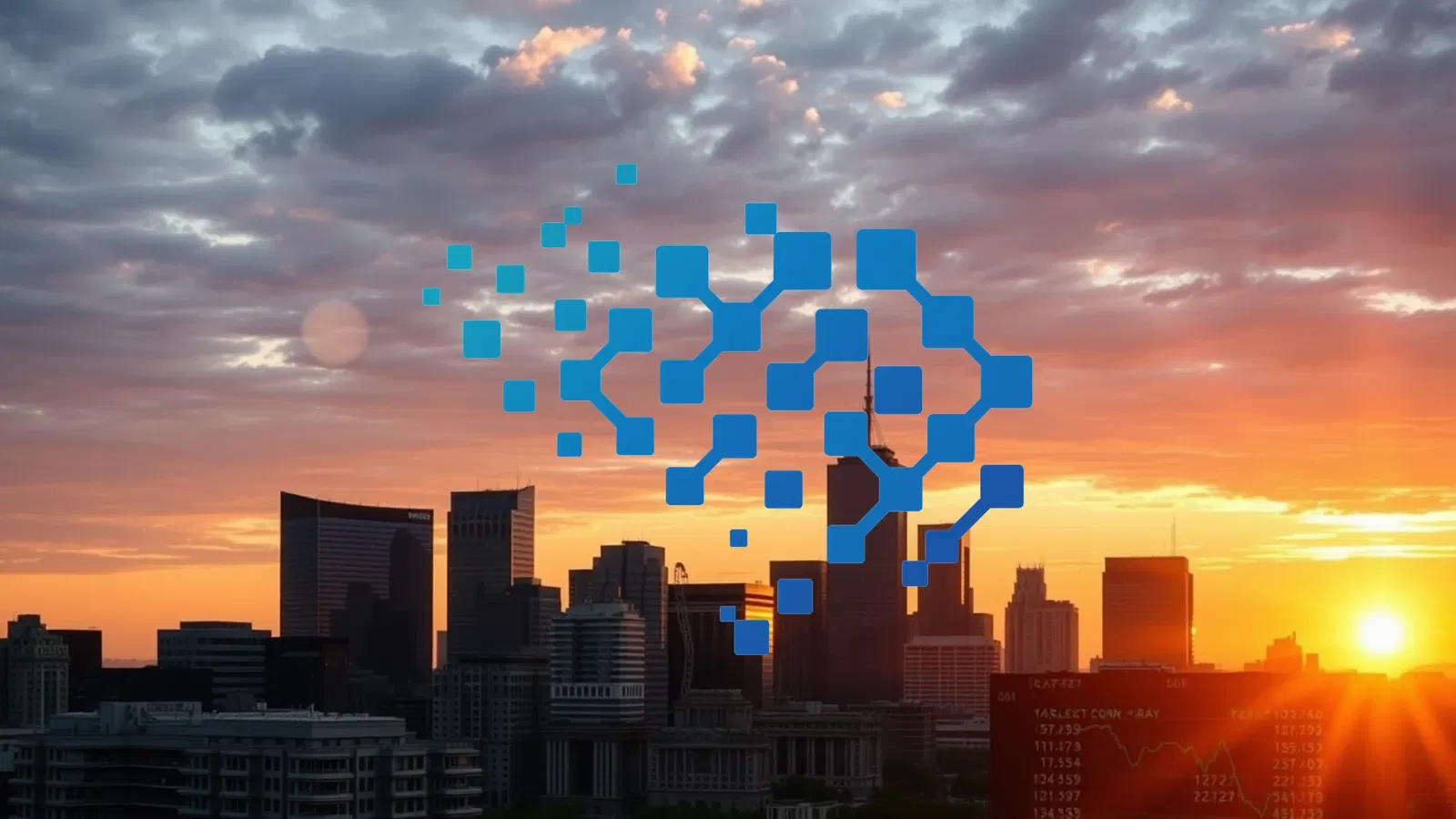Tesla is intensifying its global expansion strategy with a significant push into one of Asia’s most competitive automotive landscapes. While the electric vehicle pioneer already holds the position of third-ranked imported brand in South Korea, fresh developments signal a deeper market penetration strategy centered on artificial intelligence technology. The critical question for stakeholders remains whether this software-focused initiative will translate into sustained investor confidence.
Regulatory Complexities and Competitive Pressures
The path forward presents multiple challenges. Approximately 4,500 vehicles in the region continue to experience battery-related complications, creating additional reputational pressure for the brand. Simultaneously, Tesla must navigate intricate local traffic regulations and safety protocols—a delicate balancing act between technological innovation and compliance requirements.
Globally, the regulatory framework governing autonomous driving technology remains fragmented. While CEO Elon Musk has suggested U.S. drivers might soon legally text while operating vehicles equipped with Full Self-Driving capabilities, most American jurisdictions currently prohibit such practices. This regulatory lag behind technological advancement introduces substantial operational uncertainties.
The competitive environment adds another layer of complexity. Regional manufacturers, including China’s Xiaomi, have conducted thorough analyses of Tesla’s offerings and captured meaningful market share. The battle for dominance within Asia’s EV sector continues to intensify, making Tesla’s timing particularly strategic.
Software Expansion Gains Momentum
Recent demonstrations underscore Tesla’s commitment to its software strategy. Tesla Korea released footage showing a vehicle successfully operating with the Full Self-Driving Supervised system on South Korean roadways. The technology autonomously manages lane changes and parking maneuvers while still requiring driver supervision—a crucial safety feature that aligns with current regulatory expectations.
Should investors sell immediately? Or is it worth buying Tesla?
This technological showcase coincides with remarkable commercial performance. During the initial ten months of 2025, Tesla’s South Korean sales surged by an impressive 92.8 percent, demonstrating strong consumer acceptance.
The South Korean deployment forms part of a broader international rollout that includes Japan, China, and European markets. Beyond vehicle sales, Tesla aims to establish its highly profitable FSD software business across key Asian territories, creating substantial recurring revenue streams separate from automobile manufacturing.
Market Implications and Future Outlook
The success of Tesla’s software-focused offensive in South Korea could prove transformative for the company’s regional standing. Investors await crucial validation points, including fourth-quarter 2025 production and delivery figures scheduled for January 2026 release. Market participants remain watchful for indications that Tesla’s artificial intelligence advancements will yield tangible financial returns beyond automotive sales.
The coming months will determine whether Tesla’s technological investments can overcome regulatory hurdles and competitive pressures to establish sustainable profitability in Asia’s rapidly evolving electric vehicle ecosystem.
Ad
Tesla Stock: Buy or Sell?! New Tesla Analysis from February 7 delivers the answer:
The latest Tesla figures speak for themselves: Urgent action needed for Tesla investors. Is it worth buying or should you sell? Find out what to do now in the current free analysis from February 7.
Tesla: Buy or sell? Read more here...













